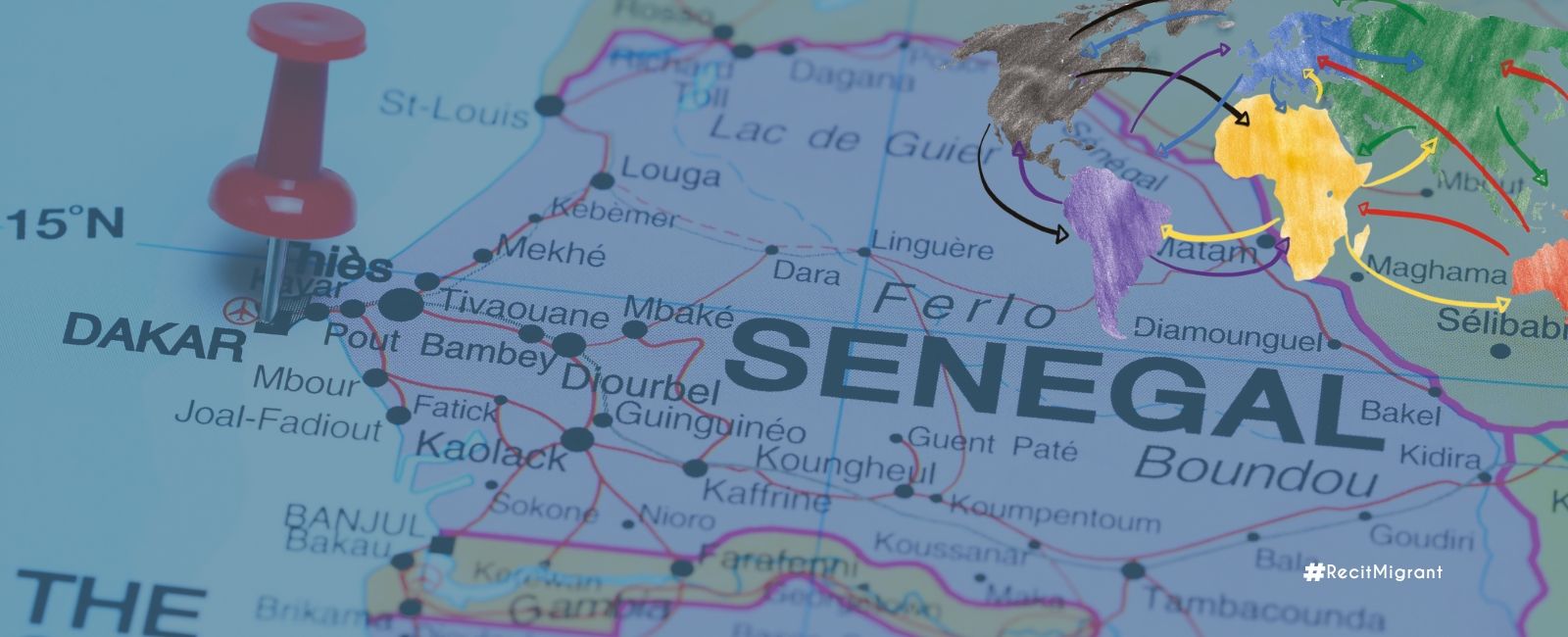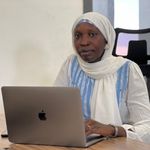

At a panel discussion organised by the Institut Fondamental d’Afrique Noire (IFAN) on migration dynamics between West African countries, Professor Ibrahima Kane examined Senegal’s rich migration history, emphasising its tradition of hospitality and permissive legislation that make it a welcoming land. This is a model that is both exemplary and subject to the challenges of modernisation.
Professor Ibrahima Kane, from the Laboratoire d’Analyse des Sociétés et Pouvoirs en Afrique – Diasporas (LASPAD) or Research Laboratory on African Societies, Power Structures, and Diasporas at the Université Gaston Berger of Saint-Louis (Senegal), delivered a detailed presentation on the topic of ‘Being Foreign, Becoming Senegalese‘. The ensuing debate emphasised the richness and complexity of this particular form of migration, as well as Senegal’s distinctive role as a host nation.
Professor Kane emphasised that relations between foreigners and Senegalese society appear harmonious and are based on shared cultural, religious and historical heritage. He stressed that “the act of sharing Sufi brotherhoods, linguistic affinity and the country’s history of openness since independence, such as welcoming Guineans, Mauritanians and other refugees, reinforce this peaceful cohabitation.” Professor Kane also spoke about Senegal’s tradition of hospitality and its inherited policy of solidarity: “Through its policies and tradition of hospitality, Senegal has demonstrated a spirit of solidarity and multilateralism, facilitating the integration of foreigners through solid community and religious networks”.
Regarding the profiles of migrants, Kane quoted statistics from the Agence Nationale de la Statistique et de la Démographie, or National Agency for Statistics and Demography (ANSD). The majority of migrants come from neighbouring ECOWAS countries, particularly Guinea, Mali, The Gambia and Mauritania. Almost 60% of this population is accounted for by Dakar. The main reasons for migration are family reunification (35%) and job hunting (27%), with significant numbers of migrants coming from Sierra Leone, Mali, Burkina Faso and Niger. One of the fundamental issues raised by Professor Kane concerns Senegalese legislation on naturalisation. “Senegalese legislation is characterised by its considerable flexibility and open approach. In law, there are two routes namemy by birth, based on the principle of droit du sol (i.e. the right to citizenship by virtue of being born in a country), and by acquisition, through declaration or assimilation. He points out that the principle of dual citizenship means that a child born in Senegal to a foreign parent automatically becomes Senegalese. He adds that the 1961 law ‘reinforces this possibility’, contrasting sharply with Côte d’Ivoire’s much more restrictive approach.
He adds that naturalisation is also based on integration, particularly with regard to language, customs, traditions and the concept of state sovereignty. This promotes the effective management of diversity and enables migrants to become full citizens, provided they meet these criteria. Finally, Professor Kane emphasises the importance of managing diversity: ‘Migration management must be approached with care, taking into account constantly evolving historical, cultural and statistical issues. Strong regional integration through ECOWAS, a spirit of solidarity and open legislation are assets for an inclusive migration policy, but we must remain vigilant”.
Kane highlights Senegal’s unique position as a host country, where cultural, religious and historical connections facilitate integration, setting an example for other African countries. He also mentions the naturalisation process: ‘You can become Senegalese by marrying a Senegalese person, being adopted by a Senegalese person, or by expressing a sincere desire to acquire nationality. Naturalisation generally takes place after ten years’ residence.” However, he deplores the lack of transparency surrounding the figures: ‘Since independence, around 14,000 people have been naturalised. However, a recent article puts the figure at fewer than 600, which calls the reliability of official statistics into question.”
“Senegalese civil status law is so permissive that it simplifies the registration process, albeit sometimes at the expense of administrative oversight. For instance, anyone without a birth certificate can obtain one by simply providing two witnesses who can confirm their birth in the country. This can lead to inaccurate registrations,”he continued.
Ibrahima Kane also quotes George Shaw: “A healthy nation is as indifferent to its nationality as a healthy person is to their health.” In his view, the relationship between foreigners and Senegal is characterised by such positive solidarity that there is ‘no need to create problems linked to nationality’. He also points out that this legislative openness reassures foreign investors, who benefit from greater legal certainty through naturalisation, thereby stimulating the country’s economic development. However, he adds that “the administrative system remains fragile, and the entry and residence legislation, dating from 1971, is obsolete.” Finally, he stressed the need to revise this law in order to respond more effectively to contemporary migration challenges whilst maintaining Senegal’s characteristic openness.
Recently Published
Subscribe to our newsletter!
Quick Links


